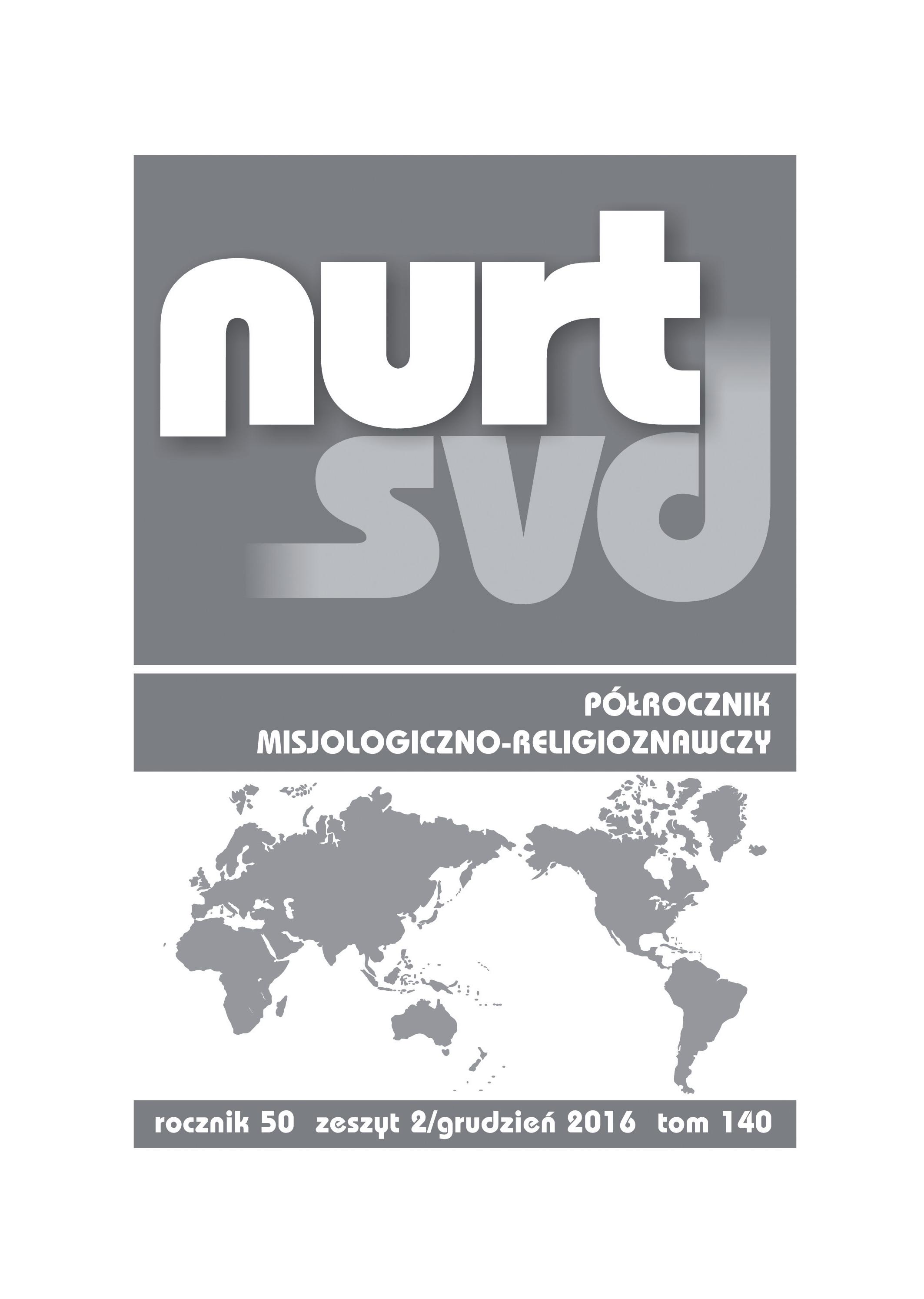Pojęcie misji przed Soborem Watykańskim II
The concept of mission before the 2nd Vatican Council
Author(s): Władysław KowalakSubject(s): Christian Theology and Religion
Published by: Verbinum
Keywords: Christian missions; missiology; history of the Church; 2nd Vatican Council; local Churches; inculturation
Summary/Abstract: The proper understanding of the term "mission" depends on the way we get to know the theological, cultural and historical context in which the term appeared. From the times of Charlemagne on missions often came to be a tool of political expansion as performed by Christian rulers. The peak of that phenomenon was the so-called patronage of Portuguese kings and the vicariate of Spanish kings. Missions were conceived at that time as an activity aimed at spreading faith through establishing official Church institutions on the territories which had been discovered earlier in the 16th and 17th centuries, or on those which were still to be discovered. However, as the time had passed, an awareness grew that such an understanding is far from satisfactory. The concept of the mission that had been worked out by the Protestant theologian G. Warneck, and which had been taken over by the outstanding Catholic theologians (e.g. J. Schmidlin, P. Charles), appeared to be unsatisfactory, as well. A more comprehensive concept of the missions worked out before the 2nd Vatican Council pointed out to them as a modern proclamation of the Gospel and establishing of the Church.
Journal: Nurt SVD
- Issue Year: 140/2016
- Issue No: 2
- Page Range: 8-25
- Page Count: 18
- Language: Polish

